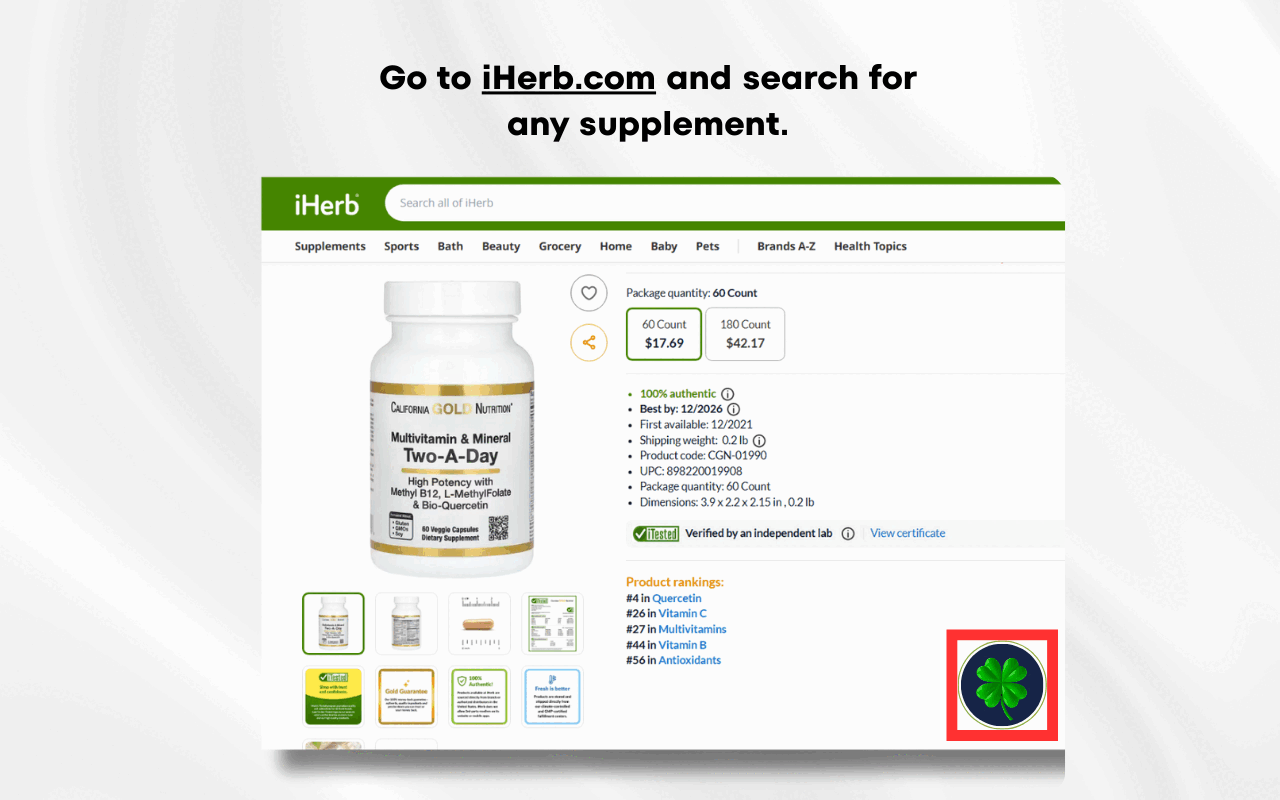 Diana Polekhin
Diana PolekhinWhat Is Vitamin C and Why Is It Important?
Vitamin C — also known as ascorbic acid — is one of the most essential vitamins our bodies need every day. Found naturally in fruits and vegetables like oranges, strawberries, and bell peppers, it plays a key role in supporting our immune system, keeping our skin healthy, and fighting off harmful free radicals.
If you’ve ever caught a cold and reached for a glass of orange juice, you’ve already experienced Vitamin C’s popular reputation as a cold-fighter. But that’s just one of its many benefits.
Here’s what Vitamin C helps do:
- Boosts your immune system: It helps white blood cells function better and protects them from damage.
- Supports healthy skin: Vitamin C promotes collagen production which helps with wound healing and keeps your skin firm and youthful.
- Acts as an antioxidant: It neutralizes free radicals that can damage cells and contribute to aging and diseases.
- Improves iron absorption: Especially helpful for people who don’t eat meat.
Though most people get enough Vitamin C through diet, getting a little extra through supplements can be beneficial — especially in today’s busy world, where nutrition sometimes takes a back seat.

When Is the Best Time to Take Vitamin C?
So, now that we know why Vitamin C is so important — when’s the best time to actually take it? Timing can make a difference in how well your body absorbs and uses it.
The basic rule? Take it in the morning or during the day, not at night.
Here’s why:
- Vitamin C is water-soluble: That means your body doesn’t store it for later. You need to keep replenishing your supply, and it works best when taken consistently and at the right time.
- It can be energizing: Some people find Vitamin C helps them feel more alert, so taking it in the evening — especially just before bed — might not be ideal.
- Better absorbed on an empty stomach: Try taking Vitamin C about 30 minutes before a meal or two hours after. However, if it makes your stomach feel uncomfortable, take it with food for gentler digestion.
Pro tip: If you’re taking a multivitamin or iron supplement, read the label. Many of them already include Vitamin C to enhance absorption. Doubling up unintentionally can sometimes cause mild side effects like an upset stomach.

Photo courtesy of Pexels.com

iHerbWizard analyzes your age, gender, and lifestyle factors to provide personalized feedback. Start your 30-day free trial now!
How Much Vitamin C Should You Take?
Great question! The answer depends on your age, gender, lifestyle, and overall health. According to the National Institutes of Health, here’s the daily recommended amount:
- For adult women: 75 mg/day
- For adult men: 90 mg/day
- For pregnant women: 85 mg/day
- For smokers: Add 35 mg/day more, as smoking drains Vitamin C levels faster
Most over-the-counter supplements range from 250 mg to 1000 mg per serving — well above the basic requirement. But don’t worry, Vitamin C is generally safe, even in higher doses. The Tolerable Upper Intake Level (UL) is 2000 mg per day for adults. Taking more than that might cause:
- Nausea
- Diarrhea
- Stomach cramps
Tip: If you’re concerned about getting enough but want to avoid mega-doses, consider a “buffered” or time-release Vitamin C supplement.
Also, remember that consuming Vitamin C regularly over time matters more than taking a large dose once in a while. It’s kind of like watering a plant — it’s better to water it a little each day than dump a gallon on it all at once!

Photo courtesy of Pexels.com
Simple Ways to Add More Vitamin C to Your Day
Not a fan of pills? No problem. Vitamin C is super easy to add to your diet naturally. Here are some tasty ways you can boost your intake:
- Start your morning with a glass of fresh orange juice or a fruit smoothie.
- Snack on kiwis, strawberries, or pineapple — they’re packed with Vitamin C.
- Add raw bell peppers or broccoli to your lunch salad.
- Try making a refreshing homemade lemonade — lemons are also a good source.
And if you’re always on the go, keeping a Vitamin C chewable tablet in your bag might be the backup you need.
Final Thoughts: It’s About Balance
Like most things in life, getting your Vitamin C right is about balance. Aim to take it:
- In the morning or daytime
- On an empty stomach if possible
- In moderate doses, unless otherwise advised by your doctor
Being consistent is more important than being perfect. And while Vitamin C won’t magically make you invincible, it’s a powerful little nutrient that supports your health in big ways.
So next time you’re planning your morning routine — whether it’s a cup of tea, a multivitamin, or that slice of toast — think about adding some citrus love to it!
Looking to Stay Health-Ready All Year Round?
Want more practical, everyday tips for boosting your immunity and feeling your best every day? Check out some of our other blogs on healthy eating, better sleep, and staying active — they’re full of easy ideas to keep your body happy and energized.













